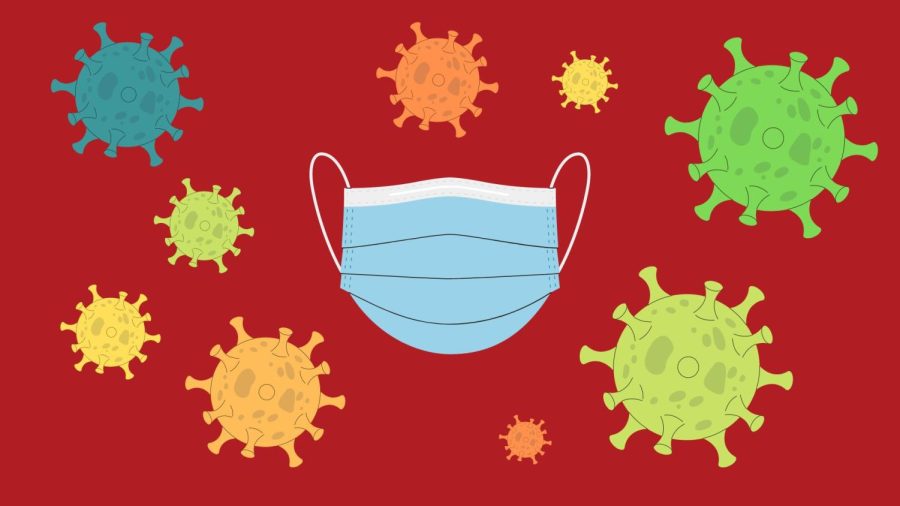Campus sees gradual increase in flu, COVID-19 cases
November 10, 2022
COVID-19 and flu cases on WKU’s campus have seen a gradual increase in recent weeks, according to David Oliver, WKU’s director of environmental health and safety.
Oliver said COVID-19 case trends healthcare workers are seeing in hospitals and emergency rooms match the trends on campus.
“There’s been a gradual increase over the last couple weeks,” Oliver said. “Just not alarming, not anywhere near what we’ve seen before […] We’re seeing, also, an increase in flu, we’re seeing increased [respiratory syncytial virus], so I think that’s just part of the time of year.”
According to the Center for Disease Control and Prevention, Kentucky had 3,804 COVID-19 cases for the week of Nov. 2, a slight uptick from the previous week’s total of of 3,352.
As of Nov. 2, Warren County had 114 total COVID-19 cases and the county is currently classified with a “low” COVID-19 community level of concern.
Oliver said WKU is not aware of any campus COVID-19 hospitalizations and that most cases are recovering quickly with light symptoms. He also said the only COVID-19 cases WKU is currently able to track are those that go through the Graves Gilbert health services center on campus.
As winter weather approaches, common illnesses like the flu increase in case numbers because they thrive in colder, drier air. It is suggested that COVID-19, as a respiratory virus, surges in the same way during the fall and winter flu season.
According to Oliver, this is a primary reason for the gradual increase in COVID-19 cases on campus. The situation will still be monitored.
“We’re starting to see people move in for more events because of seasons […] We’re going to watch it closely,” Oliver said. “We’re obviously going to keep our infrastructure up and operational, and I think the real tell will be going in between Thanksgiving and Christmas and then coming back after the new year, we’ll really be able to see where we are then.”
Oliver said students should still take precautions for both COVID-19 and the flu, primarily by getting their COVID-19 vaccine boosters and this year’s flu shot.
“Definitely get their flu shot, they need to consult their health care physician if they haven’t had a COVID booster […],” Oliver said. “I think the biggest thing, if they have symptoms, get tested, because the sooner you get tested, if you are positive for COVID, get isolated. That helps because it just reduces the chance to spread to others, particularly among roommates.”
More information about university COVID-19 protocols can be found on the Healthy on the Hill website.
Content editor Alexandria Anderson can be reached at alexandria.anderson337@topper.wku.edu.















